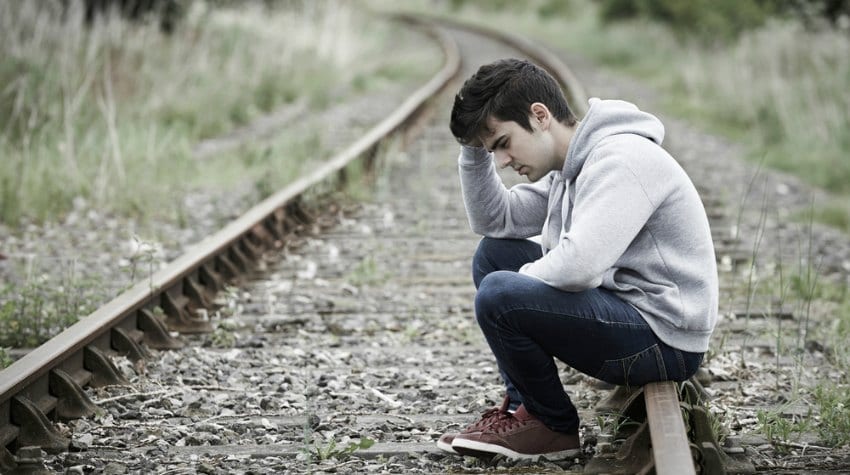Don’t let depression control your life any longer.Depression is a devastating condition that can put your life on hold. Our caring, highly skilled staff knows how difficult it is to admit you’re depressed, and are trained at helping men overcome the unique issues they face in depression treatment.Getting Help for Male DepressionEscapist behavior. Men who are depressed may throw themselves into activities such as work, hobbies or sports in order to escape their feelings of depression. They may also go to the opposite extreme and isolate themselves from friends, family and co-workers by avoiding events, meetings and work.Increased risk taking. Sometimes depressed men will engage in risky, thrill-seeking behavior like reckless driving, compulsive gambling, casual sex or dangerous sports.Changes in sexual behavior. Depression can affect sexual desire and cause men to become uninterested in sex or unable to perform. Conversely, it can also make men more prone to sexual liaisons as a way to feel better through thrill-seeking behavior.Increased alcohol consumption or drug use. Since men don’t typically talk about their feelings and emotions, they may turn to alcohol or drugs as a way to cope with their feelings and mask their symptoms of depression.Feeling unusually aggressive or having inappropriate rage. Men who are depressed often repress their feelings of sadness or hopelessness. Instead of crying or talking about their feelings, men will keep their emotions hidden, which can make them more irritable, aggressive and angry. This can manifest itself in different ways like having a short tempter, road rage, and even violence.Men, however, tend to exhibit slightly different symptoms and/or express their symptoms differently. Some of these signs of depression in men are:* Persistent physical symptoms that don’t respond to treatment, such as headaches, chronic pain and digestive disorders* Thoughts of death or suicide, including actual suicide attempts* Eating and weight changes, such as appetite and weight loss or overeating and weight gain* Difficulty concentrating, remembering or making decisions* Loss of interest or pleasure in hobbies and activities that were once enjoyed* Feelings of hopelessness, pessimism, guilt, worthlessness or helplessness* Sleep disturbances, such as insomnia, early-morning waking or oversleeping* Feeling fatigued or tired all the time* Persistent sadness, emptiness or anxietyMen and women share many of the same symptoms of depression, including:Top 5 Signs of Depression in MenThe Center for Disease Control reports that men in the U.S. are nearly four times more likely than women to commit suicide. Knowing the warning signs of depression in men could literally save your life or the life of a loved one. That’s why we’ve compiled the following list of the top five warning signs of depression in men.One of the reasons that depression in men is less recognized is because our culture requires men to “be strong” and discourages them from talking about their feelings. As a result, men who are depressed are less likely to talk about the emotional symptoms of their depression — since expressing emotions is considered a “feminine” trait — and are more likely to talk about the physical symptoms of their depression. Most people are aware of the emotional symptoms of depression, but the physical symptoms are rarely discussed. As a result, when a man (or woman) complains about being tired all the time or that he has trouble sleeping through the night, we don’t realize these are warning signs that he may be depressed.It wasn’t that long ago that depression was considered to be a “woman’s disease.” Today, of course, we know that depression affects men and women alike and that more than 6 million men in the U.S. have at lease one episode of major depression each year. Even with those statistics, depression in men is talked about less than depression in women. This leaves many people unaware of how to recognize the warning signs of depression in men.Author Unknown, Casa Palmera

Behavior Modification Programs For Teens
When adolescent boys and girls are at-risk with substance abuse, or behavioral issues, behavior modification programs, as well as cognitive therapy, can result in the positive changes he or she needs for a long lasting transformation.




